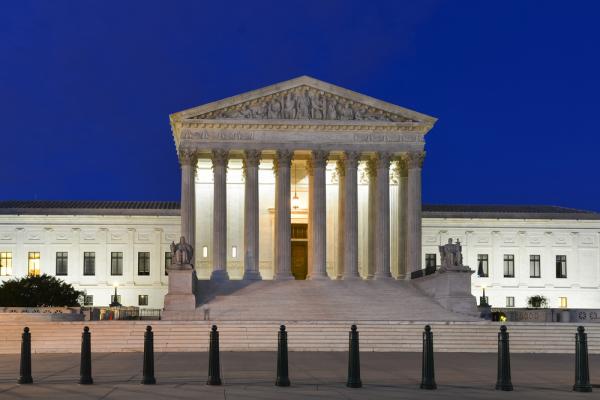Jun 27, 2016
The Supreme Court struck down Texas’ restrictive abortion laws on June 27 in one of the most important abortion-related cases in years.
The Court ruled 5-3 in the case known as Whole Woman’s Health v. Hellerstedt, which served to clarify the 1992 decision Planned Parenthood v. Casey. That case concluded that while the states are free to regulate abortion, they cannot place an “undue burden” on women’s constitutional right to abortion.
Read the Full Article

Already a subscriber? Login
